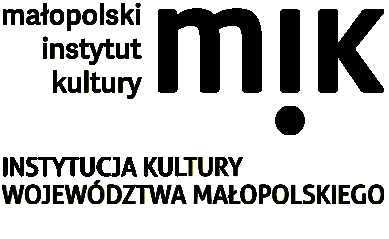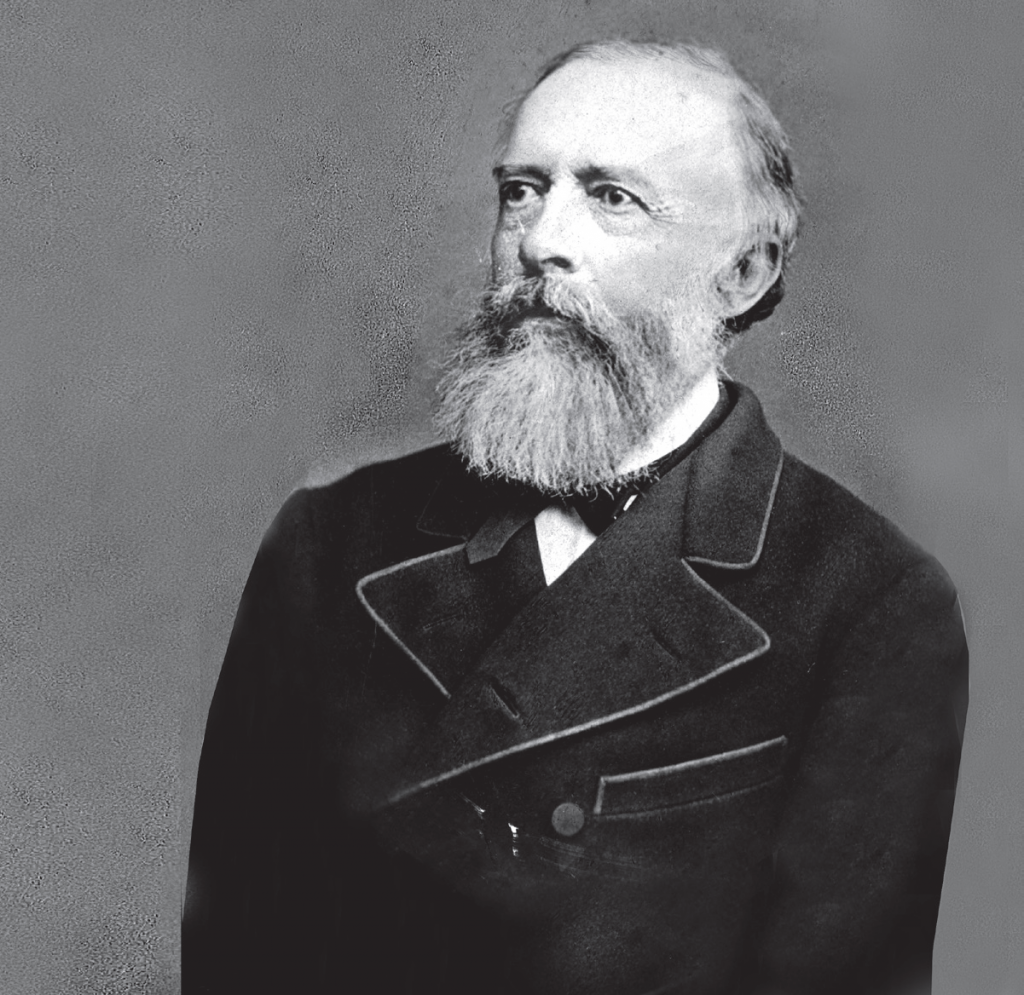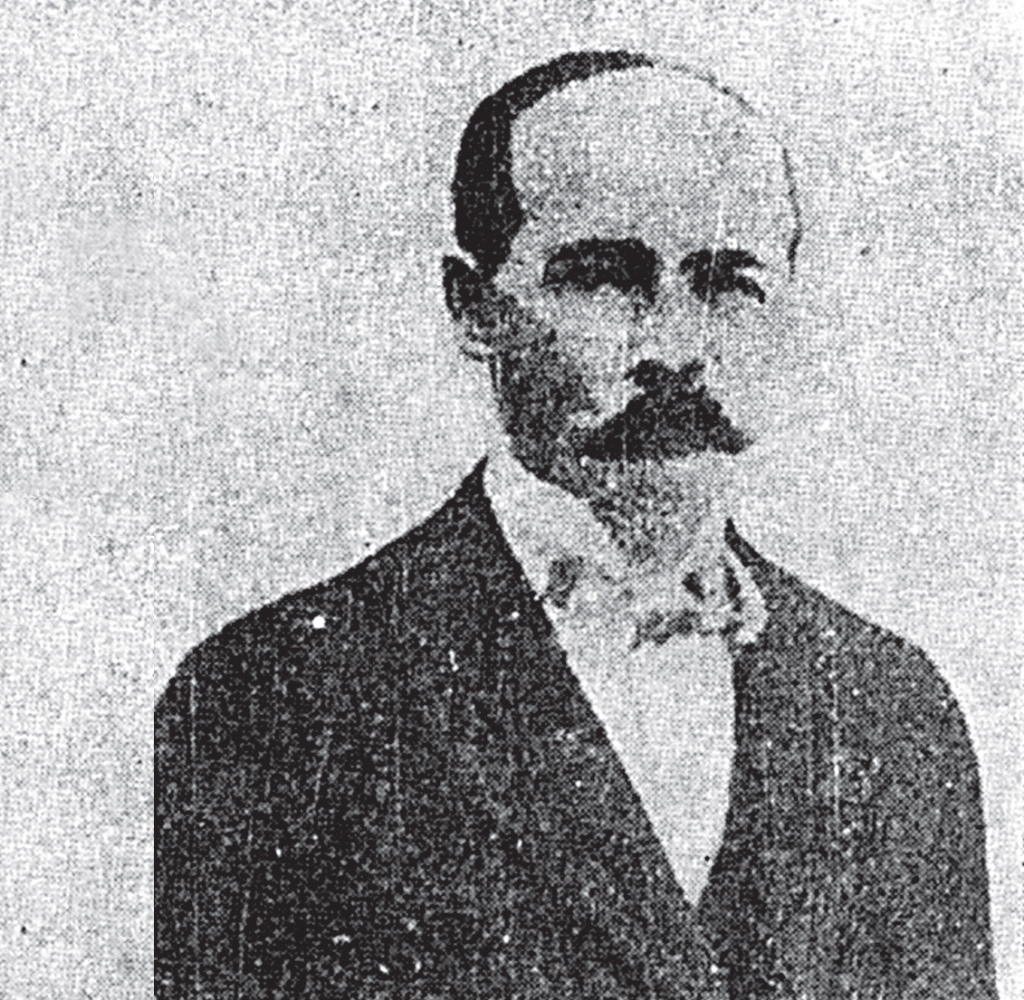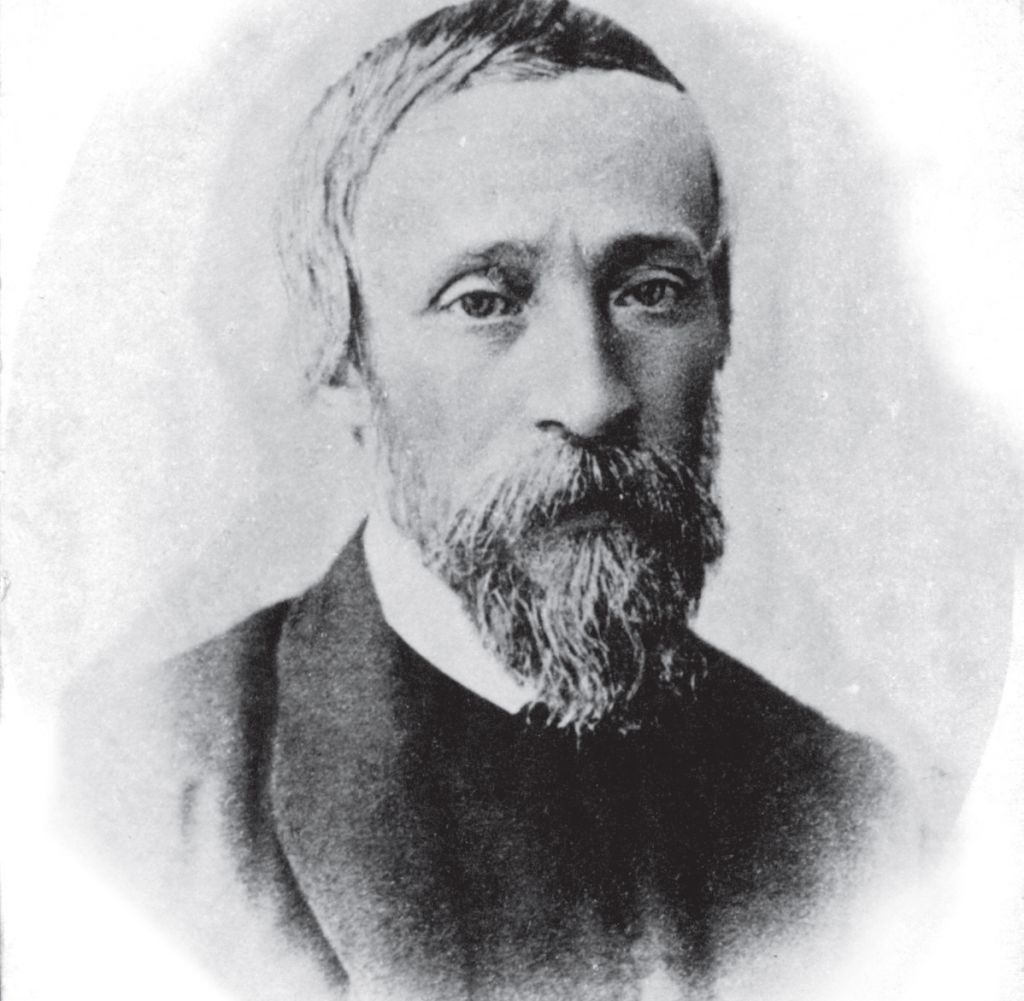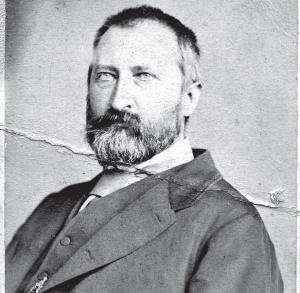As the son of a wealthy landowner, when he came of age, he received the villages of Polanka and Świerzowa. In 1853, the herd of sheep – a source of considerable income for the Polanka farm – was being decimated by an epidemic. The witch doctor brought in from Bóbrka recommended that the sheep be covered with the black goo, which was plentiful in the local waters. The treatment was unexpectedly successful and Trzecieski turned his attention towards oil. He collected it not only from the waters, but also from excavations. The oil extraction profits made Tytus Trzecieski even wealthier and let him expand as a philanthropist.
From an early age, Zenon Suszycki was interested in technology, which led him to the Faculty of Mathematics and Physics of Moscow University. He fought in the January Uprising and had to leave abroad after it was suppressed. As an emigrant in Paris, he studied at the École des mines – a mining academy – where he obtained the title of mining engineer in 1870. He returned to settle in Galicia and got involved in the development of a new industrial field, the oil industry. He got a job as manager of the oil mine in Ropianka near Dukla, where he opened Poland’s first vocational drilling school. The candidates had to meet considerable requirements – besides writing, reading, and sketching, they had to document a minimum of two years of experience working in a mine. Over the three-month-long course, the students learned the most important aspects of the machines, as well as their structure and operation. The school also promoted the new hammer drilling method.
Ignacy Łukasiewicz was born in Zaduszniki and died in Chorkówka. He is considered as the father of Polish oil industry. In 1848, he started working at Piotr Mikolasch’s pharmacy in Lviv. Łukasiewicz and Zeh used the pharmacy’s laboratory to distil oil and subsequently used the distilled oil in lamps. With assistance from the sheet-metal worker Adam Bratkowski, they developed an oil lamp.The Mikolasch–Zeh–Łukasiewicz partnership (800 Austro-Hungarian guldens contributed by each partner) found a client who purchased 500 kg of oil with oil lamps – a Lviv hospital, which performed the first night operation with light from oil lamps on 31st July 1853. He became a politician and had more influence over the development of the Galician oil industry. He was active in worker protection laws and the construction of new roads and bridges. He also set up welfare funds (illness and accident funds for workers), communal funds (interest-free loans), bathhouses, and childcare centres.
Karol Klobassa was born in Drohobych and died in Kraków. He went to study at the Vienna University of Technology. He also studied agronomy at the Agricultural Academy in Hohenheim. Klobassa’s wealth grew considerably thanks to two marriages. His vast orchards provided apples for production of an alcoholic beverage – cider. His breakthrough decision was to let Trzecieski and Łukasiewicz drill on his field in Bóbrka, initially free of charge. Soon, oil became the foundation of his family fortune. Klobassa was also the co-founder of the National Oil Association.

